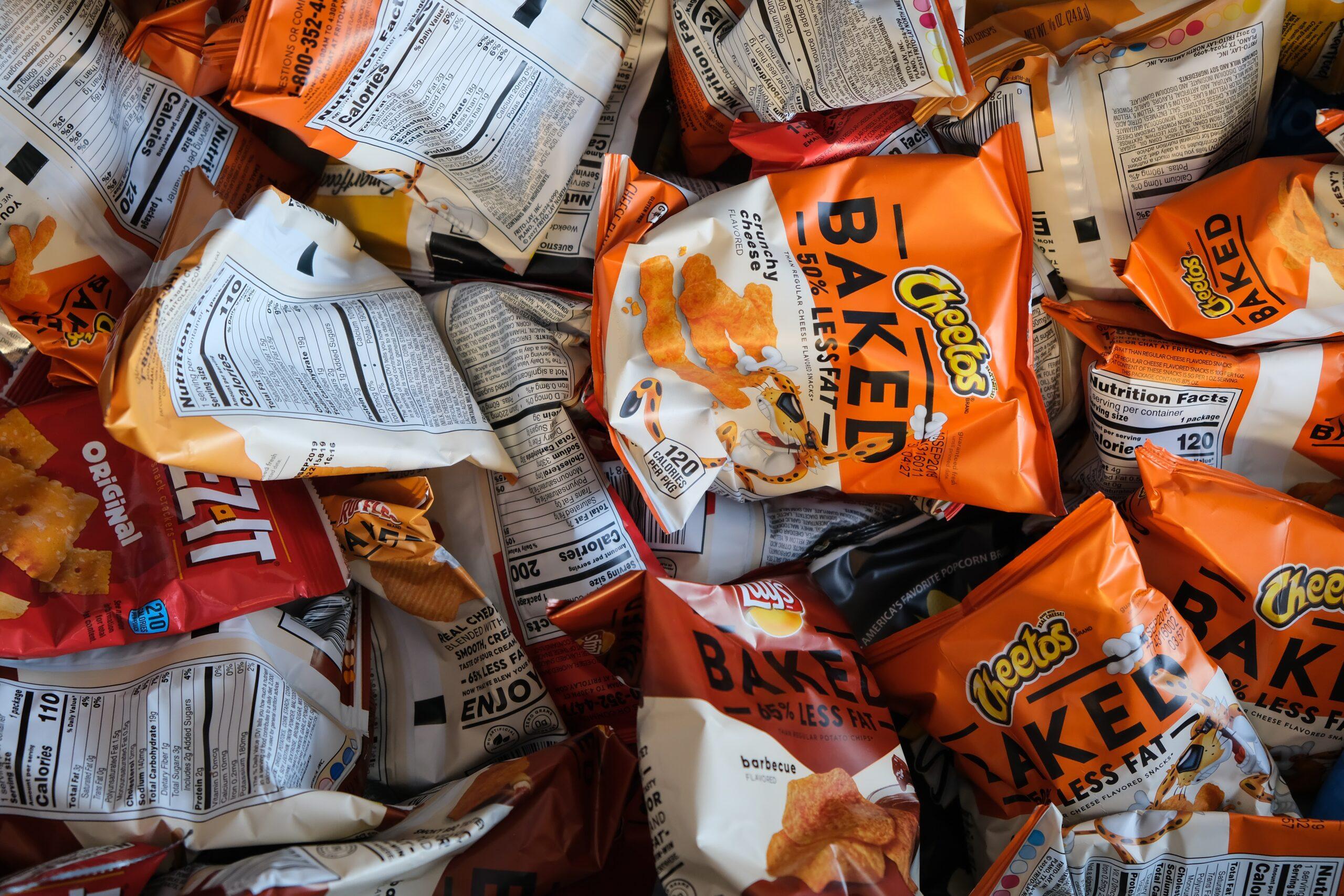“He who fights and runs away might live to fight another day.” It is unlikely that the Roman historian Tacitus had a breakfast-hating youngster in mind when he uttered his wisdom 2,000 years ago. But such food wars play out daily in homes across the land, and the battlefields are strewn with casualties – moms at their wits’ ends, defiant teary young faces, puddles of oatmeal awaiting the family dog.
There’s a better way. You can give up the power struggle and choose your food battles with logic rather than emotion. Food skirmishes don’t end after breakfast and you can’t win ’em all: no snacks between meals, eat your veggies, clean your plate or no dessert. The first step is to go for the battle that does the most good.
Breakfast is that food battle truly worth choosing in light of the overwhelming evidence that children who eat breakfast do significantly better in school than those who do not. The re-fueling of the brain after the long night’s fast enhances energy and focus, and reduces irritability as well. Children’s brains are hungry in the morning, whether they recognize it or not. Eating breakfast not only alleviates the hunger, but has also been shown to improve their overall food choices during the rest of the day.
Getting a nutritious breakfast down a reluctant throat can be a daunting way to start each day but becomes so much easier if you give up some of the typical rules about this meal and focus solely on the end result – getting quality nutrients (not just calories) inside your child’s stomach. Here’s how to confront some of that power-struggle thinking:
- Honor your child’s tastes. He is entitled to his preferences, just as you are. Are you regularly forced to eat things you genuinely dislike – at 6:30am? Would this make you more likely to try new foods – or less likely? Establish a rule declaring that while a nutritious breakfast is a must, the ‘what’ and ‘where’ of it is negotiable. Maybe he won’t touch eggs or oatmeal, hates bananas, yogurt and jam. Your child’s food preferences may be perplexing, but they are very personal and deeply rooted in biology. Everyone’s sense of taste is different. The average person’s tongue has about 10,000 taste buds, but some people have as many as 25,000, meaning they detect tastes that most people don’t notice. Refusing certain foods is not a sign of obstinance, it is a matter of individual physiology.
- Let go of stereotypes about what constitutes a breakfast food. I once heard a preschool principal assert, “Pizza is not a breakfast food.” This is an example of emotional, not logical, thinking. If your child eats pizza for dinner, his stomach does not know whether it is 7pm or 7am and the nutrients are no different. In fact, the 400 calories and 25g of protein in a typical slice of pizza constitute much more of a brainpower breakfast than a typical bowl of children’s cereal with milk (about 250 calories and 5 grams of protein). Any dinner item or leftover your child loves makes an awesome breakfast. Add a piece of high-fiber fruit and a glass of juice and it’s a balanced meal.
- Try to ferret out less obvious reasons why your child may be resisting breakfast. Might it be that the morning routine is so rushed that there simply isn’t adequate time? Do the distractions of the morning chaos keep him from being able to pay attention to a meal? Consider the venue: the kitchen table is probably the hub of the morning’s commotion, with bodies rushing, cacophony of voices (some crabby) and kitchen appliances, perhaps TV or radio blaring. Settling enough to eat a meal amid the morning bustle may be too tall an order. Breakfast in a quieter space, such as his bedroom, might be all it takes to get the job done. If this seems like an extraordinary accommodation, it really isn’t. Set up a tray the night before: it will take you two minutes. In the morning, add the food you normally would serve at the table and walk it to his room: one additional minute. He brings the tray to the kitchen when he is done. In our family, we called it “room service” and it worked like magic. Those three little minutes actually saved me untold hours of wheedling, pleading and refereeing. And, amazing but true – neither of my children (now teenagers) has ever left the house without breakfast, not even once. “Room service” was a temporary bridge that lasted only a few months, but lead to a lifelong, worthwhile habit.
- If what your child chooses meets the “reasonably nutritious” benchmark, put no limits on how often he can have it for breakfast. You might go crazy eating the exact same breakfast every day, but for your child, the routine and familiarity of it may be just the right way to start his day.
- If your child is a poor eater in general, there could be physical problems with the structure of the mouth, teeth and tongue. Have him evaluated by an occupational therapist (OT), dentist and/or speech therapist. Problems that are oral-motor in nature can be addressed by a speech therapist, and an OT can help you explore sensory issues in taste and smell. The textures of foods can also be an impediment; maybe your child will tolerate firm, crunchy foods like carrots but not “slippery” ones like peaches. Likewise, the temperature of the food can be a factor. Very cold foods bother some children; he may eat foods like applesauce at room temperature but not straight from the refrigerator. Again, honor his preferences and remember that no one food is so virtuous that its nutrients cannot be found in another.
- Don’t outlaw junky breakfast foods like pastries and chocolate cereals entirely, but do relegate them to after-dinner dessert status. You may be surprised at how quickly they lose their appeal.
- Still meeting resistance? Invoke a three-week trial period. Chances are good that in that time the new habit will be established and results will already be evident – he’ll love his new energy and concentration.
American humorist Josh Billings got it right 150 years ago: “Never work before breakfast. If you have to work before breakfast, get your breakfast first.”





